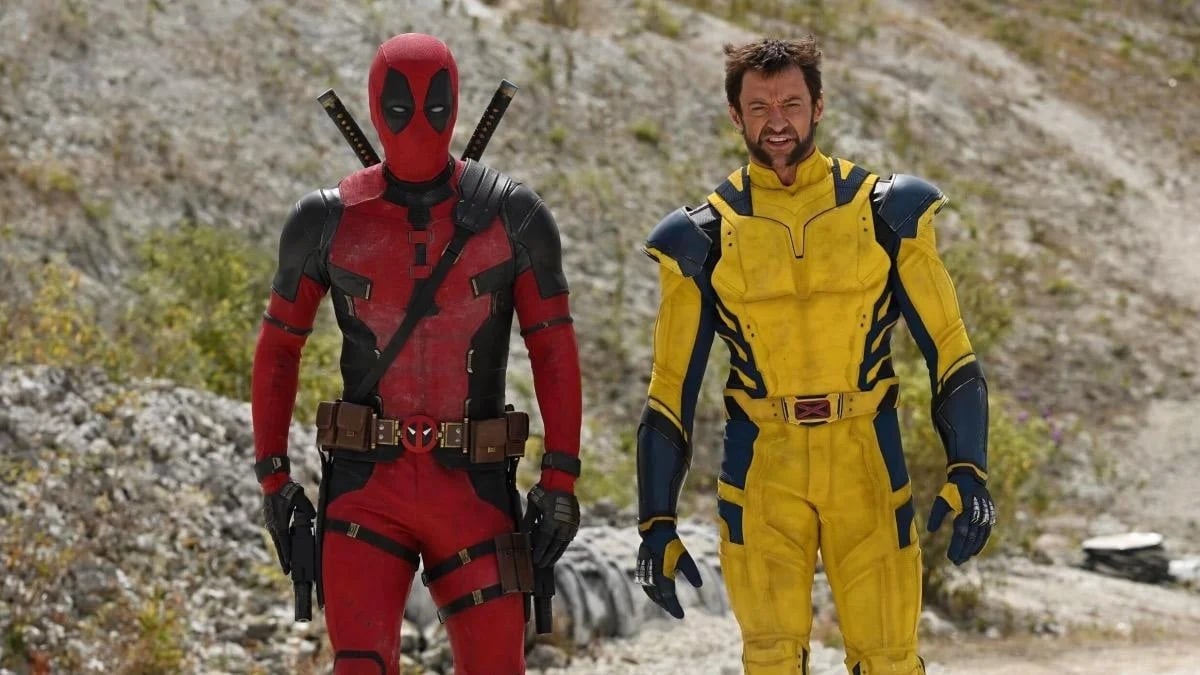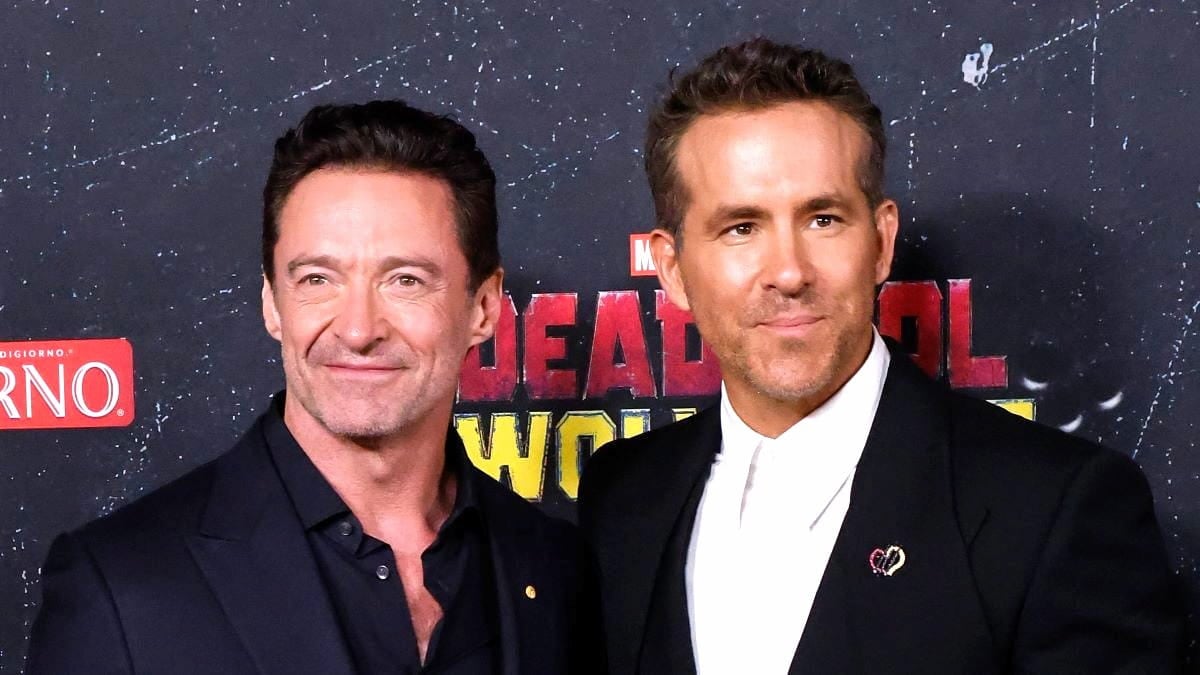At its core, The Devil All the Time is an examination of undeserved misfortune and the intergenerational effects of ignorance, impulsivity and wickedness. Based on the novel by Donald Ray Pollock – who coincidentally narrates the film – director Antonio Campos’ tour de force places front and center this concept of inherited burdens, effectively saddling its audience with the same oppressive weight and despondency that we’re forced to watch our characters endure.
Campos explores these concepts in a period drama that takes place across twenty years in the American heartland, beginning when Willard Russel (Bill Skarsgård) returns home from World War II to find love and marry and have a child in Knockemstiff, Ohio. But despite the beautiful life he’s built, he remains endlessly tormented by the memory of mercy killing a man left crucified alive by the Japanese army, which ultimately leads him to have a corrupted view of religion and morality. Already mentally unstable, his wife’s tragic death sends him over the edge and results in an erratic relationship with his son, Arvin, whom he teaches to solve problems with violent behavior before eventually committing suicide and leaving the boy an orphan.
A decade later, Arvin – in a knock-out performance by Tom Holland – is left to process his early childhood trauma while also coping with life in a rural West Virginia town, where he lives with his grandparents and teenage step-sister. He navigates young adulthood as he attempts to restrain a tendency to indulge in his father’s brand of calculated violence against anyone he deems a threat to him or his family, but he soon finds himself in a series of situations that require him to act on those very impulses.
And though Arvin remains the primary focus throughout the majority of the film, a vast ensemble cast orbits around him, affecting his path in ways that aren’t immediately obvious. Most notably, Robert Pattinson turns out a brilliantly unnerving performance as a perverse reverend at the town’s local church, while serial killer duo Carl and Sandy Henderson – played by Jason Clarke and Riley Keough – travel across the Midwest picking up a myriad of male hitchhikers to seduce and slaughter in horrendous fashion.
As these and many other characters come and go, initially appearing to hold little value to the movie’s overall endgame, it becomes evident that Campos is going for the slow burn. He takes his time to meticulously connect the dots between the various players and their individual life paths. And because of this, the middle of the film – which switches perspectives with frequency – though never dull, can occasionally feel aimless as we attempt to figure it all out.
But patient viewers are rewarded with a compelling final act that capitalizes on even the most trivial interactions these people may have shared together over the course of this multi-decade record. Even those who felt most inconsequential earlier in the film suddenly prove to have been an integral part in Arvin’s journey. And as he grapples between embracing his father’s violent legacy and shedding himself of its cumbersome chains, we join him in trying to reconcile with the resulting moral ambiguity.
Make no mistake, though The Devil All the Time is a gorgeous film with exceptional storytelling and career-defining performances, it’s not a tale of optimism but of unbridled cruelty and sorrow. As we’re made to observe the frequently calamitous ramifications of abuse of power and emotional negligence, often via shockingly graphic violence, we’re subsequently required to acknowledge that the pursuit of justice and redemption is not always a clean endeavor.
Campos asks that we bear witness to the true depths of depravity and the sometimes unquenchable thirst for atonement so that we can decide for ourselves if we’re viewing a story of elective action or if our characters’ fates have been sealed as perpetual victims of the sins of their fathers, set to suffer an ongoing cycle of violence. You may find that you’re not provided a neat and tidy answer, but if you’re willing to lean into the film’s message, there’s something far more rewarding to learn about the human experience.












Published: Sep 20, 2020 12:34 pm